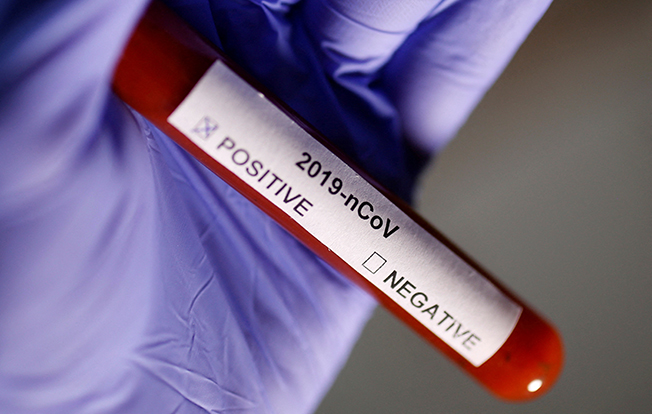The world’s first medical trial authorised to deliberately expose participants to the coronavirus is seeking more volunteers as it steps up efforts to help develop better vaccines.
The Oxford University trial was launched last April, three months after Britain became the first country to approve what are known as challenge trials for humans involving COVID-19.
Its first phase, still ongoing, has focused on finding out how much of the virus is needed to trigger an infection while the second will aim to determine the immune response needed to ward one off, the university said in a statement https://www.ox.ac.uk/news/2022-01-26-volunteers-needed-human-challenge-trial-study-immune-response-covid-19 on Tuesday.
Researchers are close to establishing the weakest possible virus infection that assures about half of people exposed to it get asymptomatic or mild COVID-19.
They then plan to expose volunteers – all previously naturally infected or vaccinated – to that dose of the virus’s original variant to determine what levels of antibodies or immune T-cells are required to prevent an infection.
“This is the immune response we then need to induce with a new vaccine,” said Helen McShane, Oxford University Professor of Vaccinology and the study’s chief investigator.
The trial’s findings will help make future vaccine development much quicker and more efficient, the statement said.
Global immunologists have been seeking to pinpoint the immune reaction that a vaccine must produce to shield against the illness, known as a correlate of protection. Once discovered, the need for mass vaccine trials is greatly reduced.
Scientists have used human challenge trials for decades to develop treatments against many infectious diseases, but this is the first known such research into COVID-19.
A drawback is the risk of harm to volunteers contracting the disease but the university is taking precautions.
Participants will need to be healthy and aged 18-30. They will be quarantined for at least 17 days and any who develop symptoms will be given Regeneron’s monoclonal antibody treatment Ronapreve.







Click here to change your cookie preferences